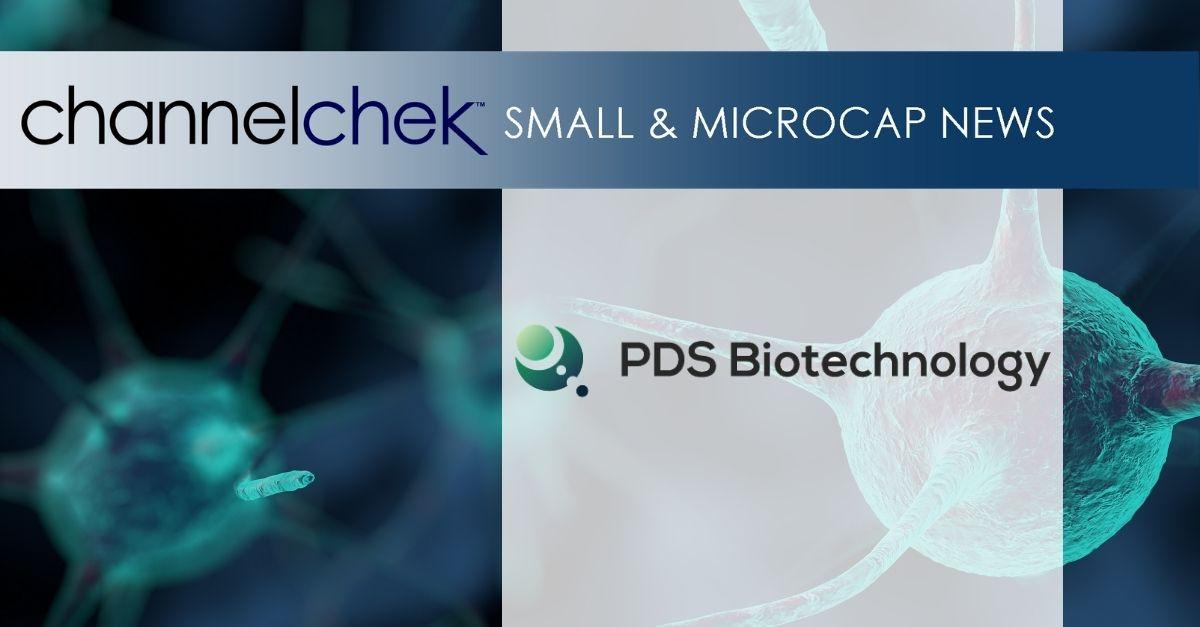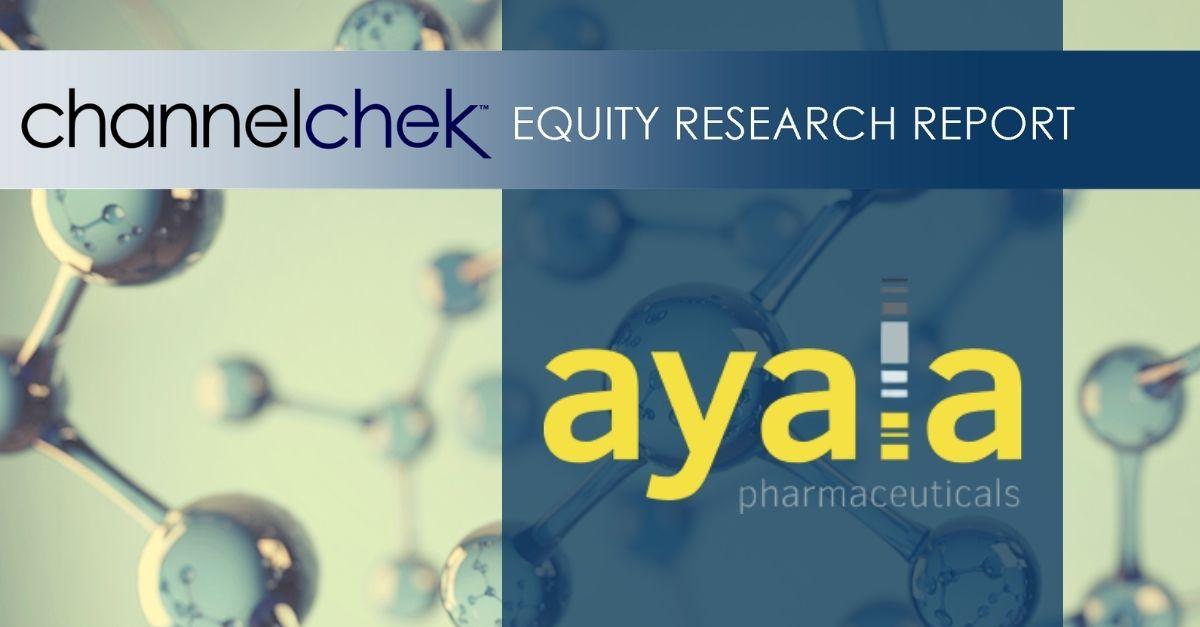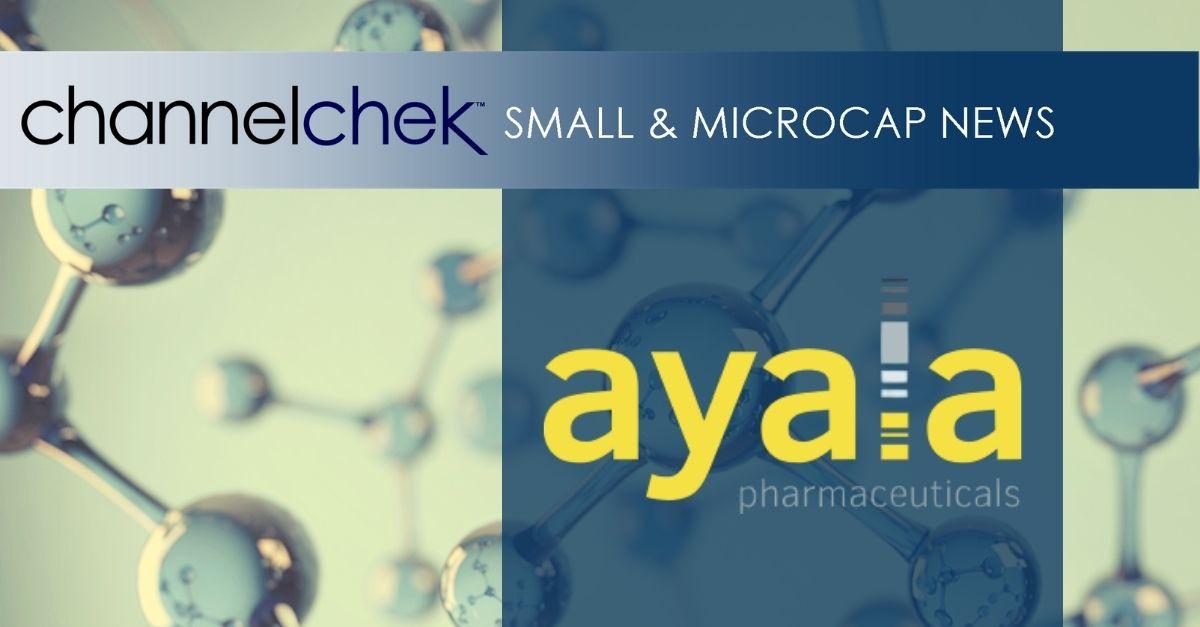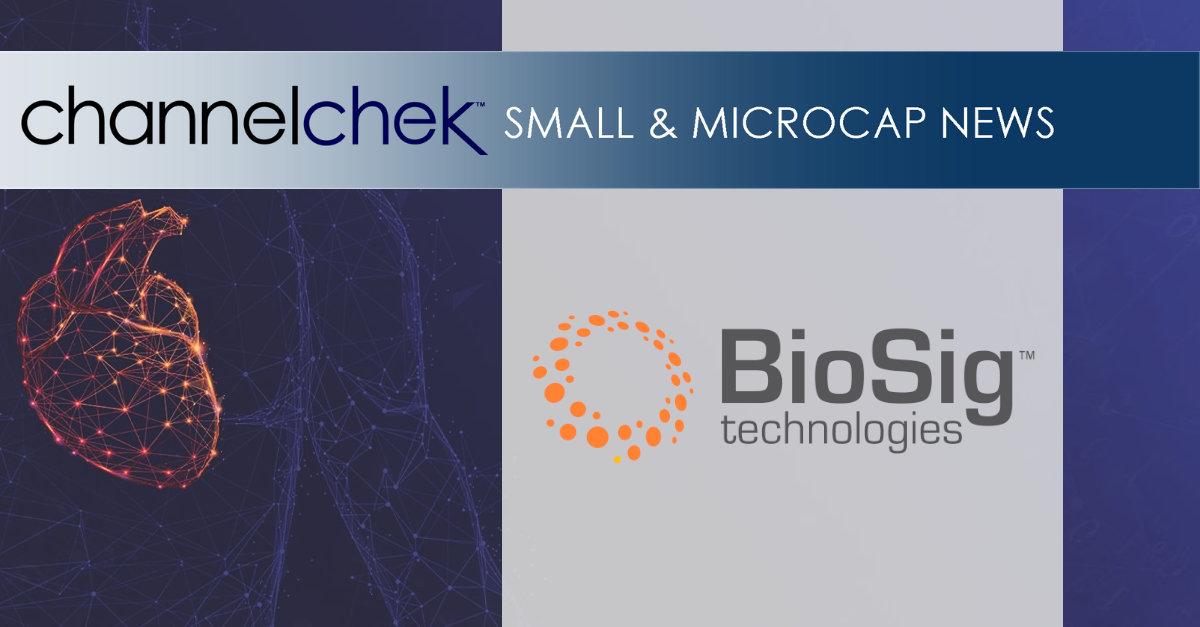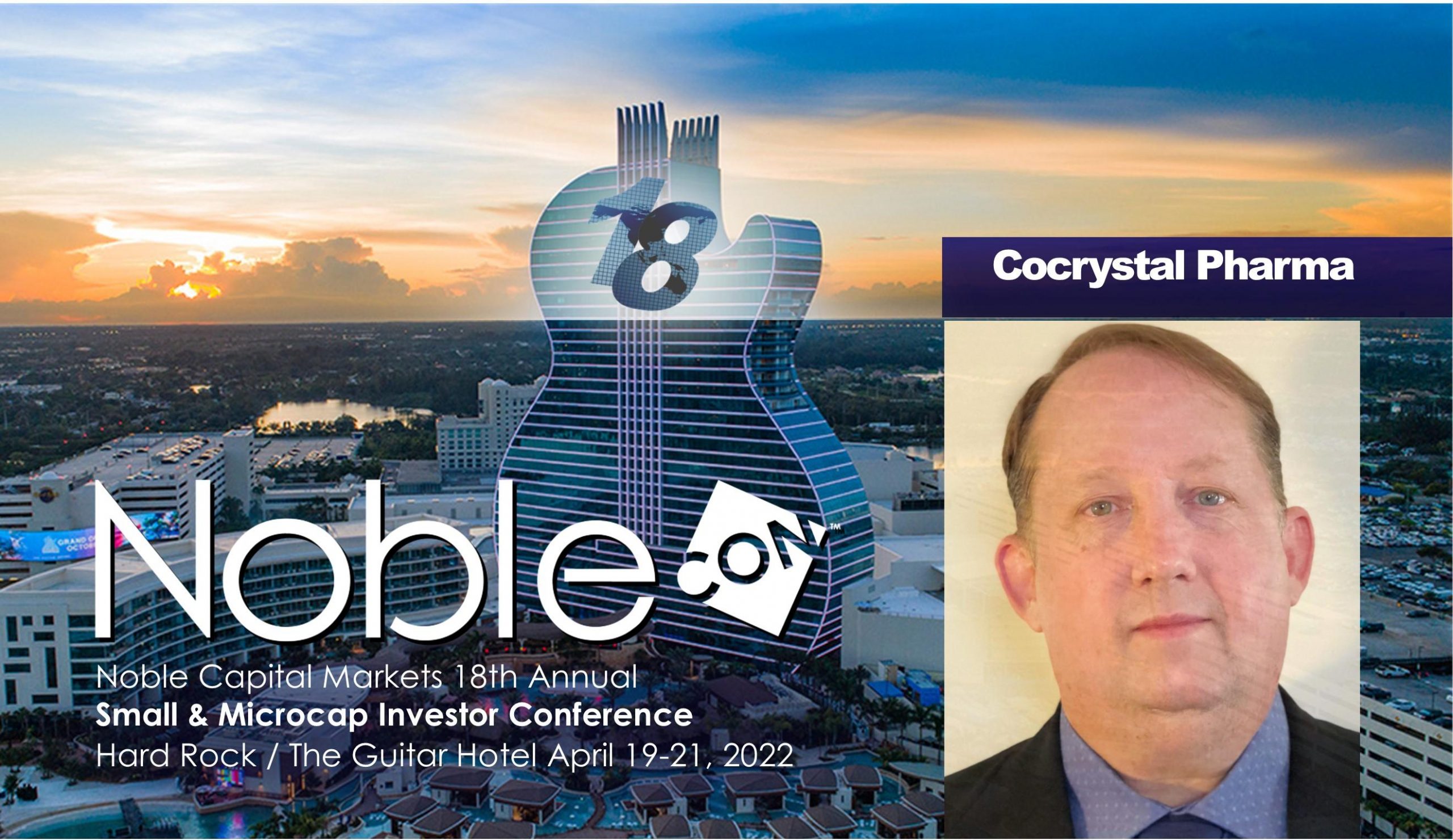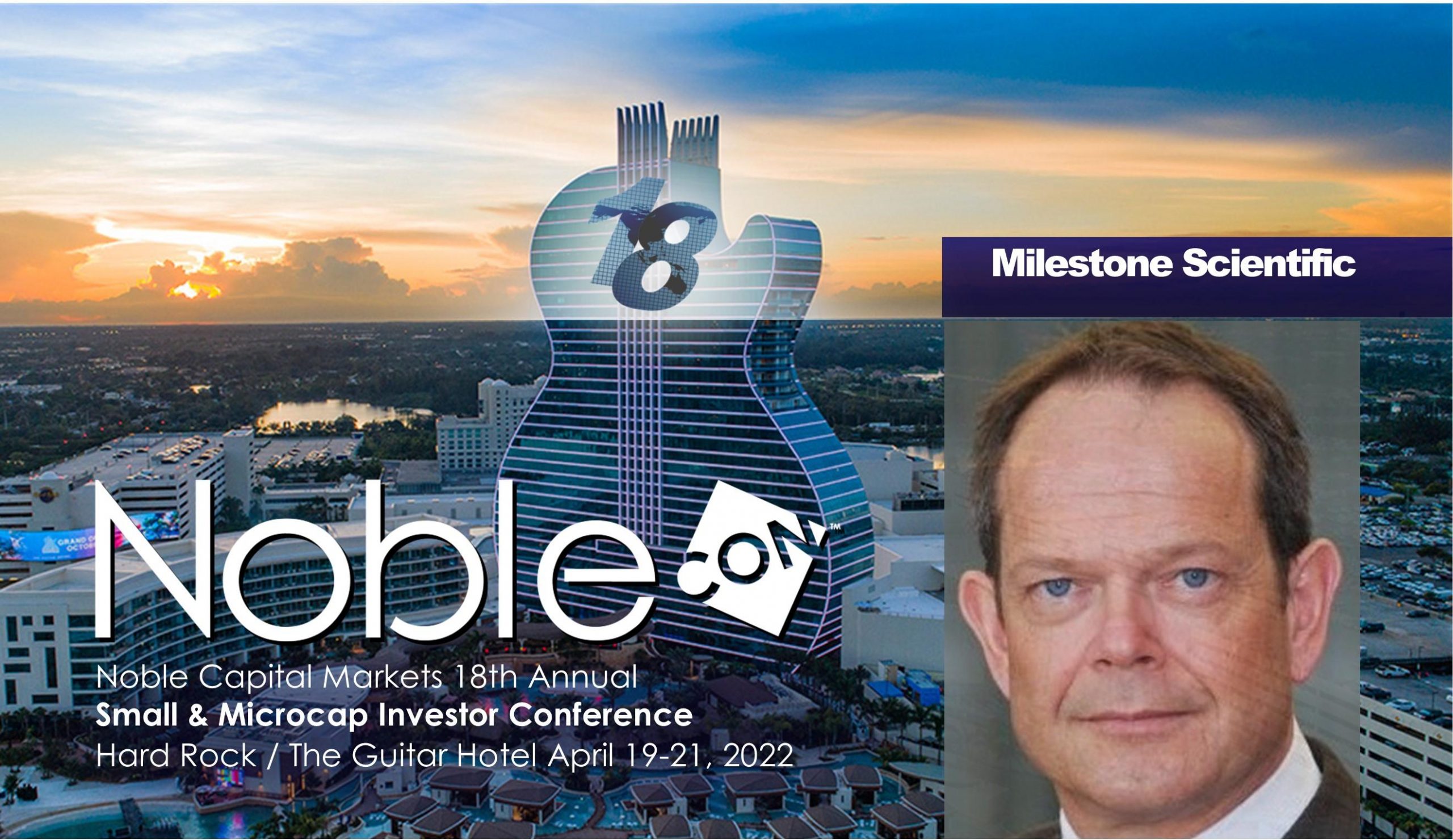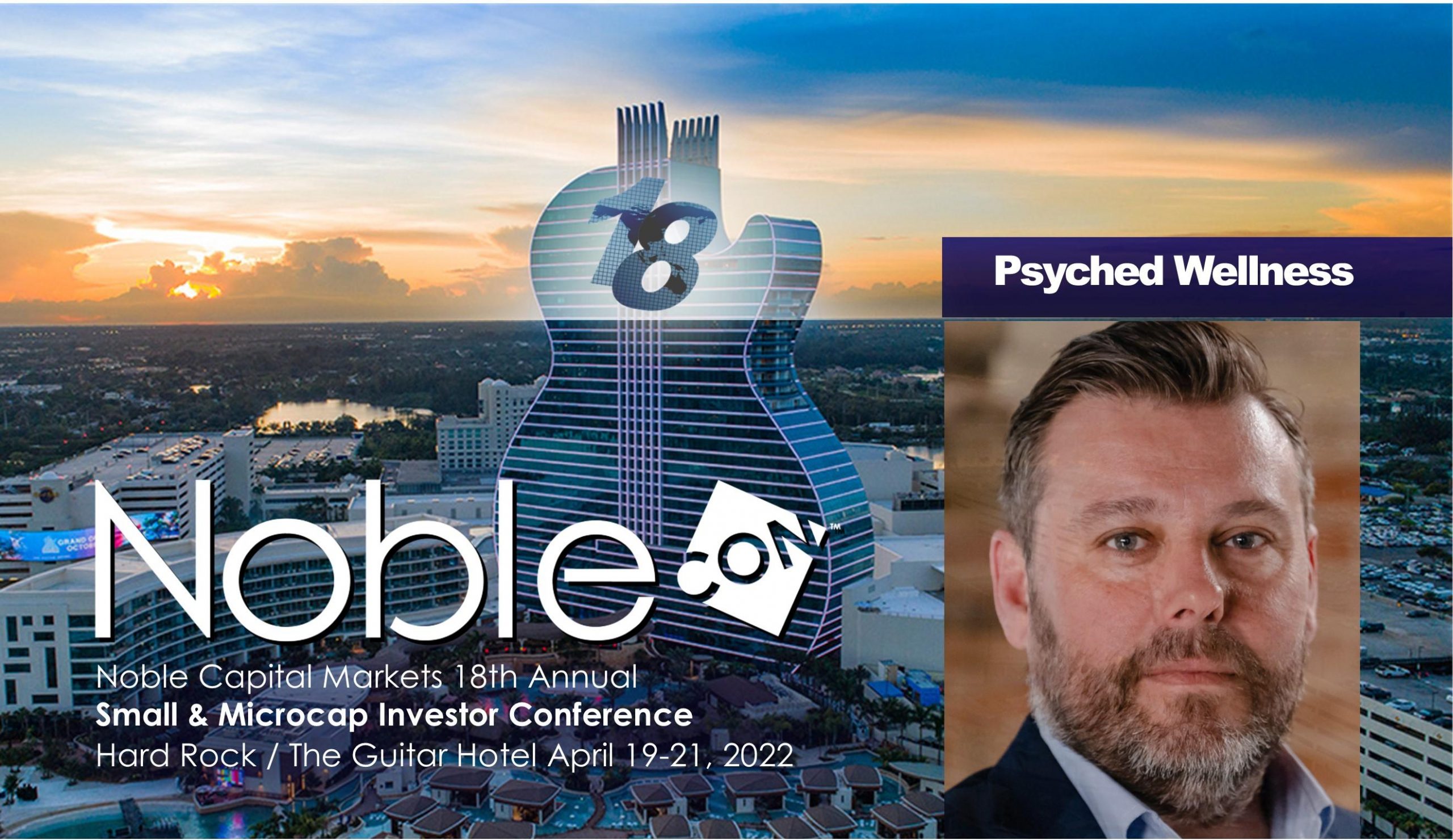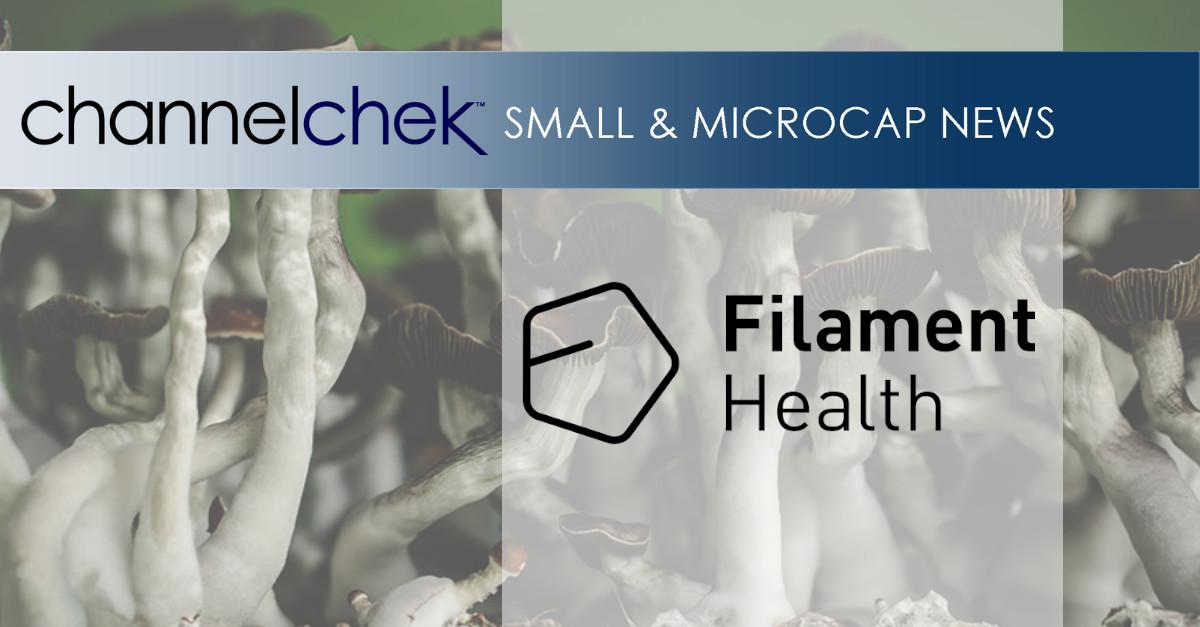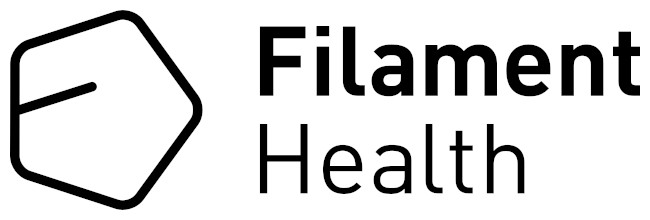PDS Biotech Provides Business Update and Reports Fourth-Quarter and Full-Year 2021 Financial Results
Research, News, and Market Data on PDS Biotech
Company to host conference call and webcast today, March 31, 2022, at 8:00 AM EDT
FLORHAM PARK, N.J., March 31, 2022 (GLOBE NEWSWIRE) — PDS Biotechnology Corporation (Nasdaq: PDSB), a clinical-stage immunotherapy company developing a growing pipeline of molecularly targeted cancer immunotherapies and infectious disease vaccines based on the Company’s proprietary Versamune® and Infectimune™ T-cell activating technologies, today provided a business update and announced its financial results for the year ended December 31, 2021.
“I’m very pleased to report that we have undergone a 12-month period of incredible productivity here at PDS Biotech,” commented Dr. Frank Bedu-Addo, President and Chief Executive Officer of the Company. “We’ve made significant clinical progress on our lead oncology candidate, PDS0101, and presented at leading oncology conferences on the promising efficacy and safety results of PDS0101 from two of our ongoing Phase 2 clinical trials. Another phase 2 clinical study of PDS0101 to be led by Mayo Clinic was initiated this month, to evaluate PDS0101 as a potential first-line neo-adjuvant treatment for patients with oropharyngeal cancer prior to transoral robotic surgery. We also recently announced encouraging pre-clinical data from our NIAID-funded universal flu vaccine program. We continue to leverage our unique T-cell activating platforms to advance additional pre-clinical oncology and infectious disease candidates.”
Dr. Bedu-Addo continued: “Over the past year, we completed two licensing transactions and secured additional intellectual property for our expanding pipeline. We also received approval of a US composition of matter and use patent for PDS0101. We strengthened our scientific advisory and leadership teams by adding distinguished immuno-oncology experts to our scientific advisory board and welcomed Matthew Hill as our Chief Financial Officer. We also added more than $52 million to our balance sheet in 2021, significantly extending our cash runway and ability to continue to advance our clinical and pre-clinical programs. We look forward to an equally productive 2022, during which we expect to announce additional data from our ongoing Phase 2 oncology trials for PDS0101, as well as plan to progress at least one of our preclinical programs, PDS0103 into the clinic.”
Fourth Quarter 2021 and Recent Business Highlights:
- Achieved several milestones in the VERSATILE-002 Phase 2 combination trial of PDS0101-KEYTRUDA® (pembrolizumab) for recurrent and/or metastatic human papillomavirus (HPV)16-associated head and neck cancer. These milestones include:
- Presented preliminary safety data on a total of 18 checkpoint inhibitor naïve patients at the 2022 Multidisciplinary Head and Neck Cancers Symposium. Highlights from the presentation include the absence of dose-limiting toxicities, drug discontinuation related to toxicity, or any significant immune-related adverse events. Subjects received a median of 4 doses of PDS0101 (range 1-5) and a median of 6 doses of KEYTRUDA® (range 1-13).
- Achieved preliminary objective response benchmarks that enabled us to advance towards full enrollment of 54 patients in the checkpoint inhibitor naïve patient cohort.
- Initiated enrollment in the checkpoint inhibitor-refractory cohort.
- Announced initiation of an investigator-initiated trial with Mayo Clinic for patients with HPV-associated oropharyngeal cancer at high risk of recurrence. The trial will evaluate PDS0101 as monotherapy and in combination with KEYTRUDA®.
- Announced encouraging preclinical data for the universal flu vaccine that demonstrated a potent neutralization response against multiple strains of the influenza virus and provided protection against infection after challenge with a live H1N1 pandemic strain of influenza in preclinical animal subjects.
- Granted U.S. Patent Application by the United States Patent and Trademark Office for composition of matter and use of PDS0101, extending its U.S. patent protection into 2037.
- Achieved enrollment objective of 30 patients in the checkpoint inhibitor refractory arm of the NCI-led triple combination trial in March 2022.
- Achieved median overall survival at December 31, 2021 of 12 months for 30 HPV16-positive patients who had received at least one evaluation in the NCI-led triple combination trial. Approximately 73% of the patients had failed 3 prior treatment regimens including checkpoint inhibitor therapy.
Full-Year 2021 Financial Results
For the year ended December 31, 2021, the net loss was approximately $16.9 million, or $0.66 per basic share and diluted share, compared to a net loss of approximately $14.8 million, or $0.89 per basic share and diluted share for the year ended December 31, 2020.
For the year ended December 31, 2021, research and development expenses increased to approximately $11.3 million compared to approximately $7.9 million for the year ended December 31, 2020. The increase of $3.4 million was primarily attributable to an increase in regulatory and clinical costs of $2.6 million, non-cash stock-based compensation of $1.1 million and personnel costs of $0.4 million, partially offset by an overall decrease in manufacturing and facility costs of $0.7 million.
For the year ended December 31, 2021, general and administrative expenses increased to approximately $10.2 million compared to approximately $7.0 million for the year ended December 31, 2020. The $3.2 million increase was primarily attributable to an increase in personnel costs of $1.0 million, non-cash stock-based compensation of $2.5 million, and facilities costs of $0.1 million, partially offset by a decrease in professional fees of $0.4 million.
Total operating expenses for the year ended December 31, 2021 were approximately $21.4 million, an increase of approximately 44% compared to total operating expenses of approximately $14.9 million for the year ended December 31, 2020.
The Company’s cash balance as of December 31, 2021 was $65.2 million. Based on the Company’s available cash resources and cash flow projections, the Company believes this balance is sufficient to fund Company operations and research and development programs through the end of 2023.
Conference Call and Webcast
The conference call is scheduled to begin at 8:00 AM EDT on Thursday, March 31, 2022. Participants should dial 877-407-3088 (United States) or 201-389-0927 (International) and mention PDS Biotechnology. A live webcast of the conference call will also be available on the investor relations page of the Company’s corporate website at https://pdsbiotech.com/investors/news-center/events. After the live webcast, the event will be archived on PDS Biotech’s website for six months.
About PDS Biotechnology
PDS Biotech is a clinical-stage immunotherapy company developing a growing pipeline of molecularly targeted cancer and infectious disease immunotherapies based on the Company’s proprietary Versamune® and Infectimune™ T-cell activating technology platforms. Our Versamune®-based products have demonstrated the potential to overcome the limitations of current immunotherapy by inducing in vivo, large quantities of high-quality, highly potent polyfunctional tumor specific CD4+ helper and CD8+ killer T-cells. PDS Biotech has developed multiple therapies, based on combinations of Versamune® and disease-specific antigens, designed to train the immune system to better recognize diseased cells and effectively attack and destroy them. The Company’s pipeline products address various cancers including HPV16-associated cancers (anal, cervical, head and neck, penile, vaginal, vulvar) and breast, colon, lung, prostate and ovarian cancers.
Our Infectimune™ -based vaccines have demonstrated the potential to induce not only robust and durable neutralizing antibody responses, but also powerful T-cell responses including long-lasting memory T-cell responses. To learn more, please visit www.pdsbiotech.com or follow us on Twitter at @PDSBiotech.
Forward Looking Statements
This communication contains forward-looking statements (including within the meaning of Section 21E of the United States Securities Exchange Act of 1934, as amended, and Section 27A of the United States Securities Act of 1933, as amended) concerning PDS Biotechnology Corporation (the “Company”) and other matters. These statements may discuss goals, intentions and expectations as to future plans, trends, events, results of operations or financial condition, or otherwise, based on current beliefs of the Company’s management, as well as assumptions made by, and information currently available to, management. Forward-looking statements generally include statements that are predictive in nature and depend upon or refer to future events or conditions, and include words such as “may,” “will,” “should,” “would,” “expect,” “anticipate,” “plan,” “likely,” “believe,” “estimate,” “project,” “intend,” “forecast,” “guidance”, “outlook” and other similar expressions among others. Forward-looking statements are based on current beliefs and assumptions that are subject to risks and uncertainties and are not guarantees of future performance. Actual results could differ materially from those contained in any forward-looking statement as a result of various factors, including, without limitation: the Company’s ability to protect its intellectual property rights; the Company’s anticipated capital requirements, including the Company’s anticipated cash runway and the Company’s current expectations regarding its plans for future equity financings; the Company’s dependence on additional financing to fund its operations and complete the development and commercialization of its product candidates, and the risks that raising such additional capital may restrict the Company’s operations or require the Company to relinquish rights to the Company’s technologies or product candidates; the Company’s limited operating history in the Company’s current line of business, which makes it difficult to evaluate the Company’s prospects, the Company’s business plan or the likelihood of the Company’s successful implementation of such business plan; the timing for the Company or its partners to initiate the planned clinical trials for PDS0101, PDS0203 and other Versamune and Infectimune-based product candidates; the future success of such trials; the successful implementation of the Company’s research and development programs and collaborations, including any collaboration studies concerning PDS0101, PDS0203 and other Versamune and Infectimune-based product candidates and the Company’s interpretation of the results and findings of such programs and collaborations and whether such results are sufficient to support the future success of the Company’s product candidates; the success, timing and cost of the Company’s ongoing clinical trials and anticipated clinical trials for the Company’s current product candidates, including statements regarding the timing of initiation, pace of enrollment and completion of the trials (including the Company’s ability to fully fund its disclosed clinical trials, which assumes no material changes to our currently projected expenses), futility analyses, presentations at conferences and data reported in an abstract, and receipt of interim results (including, without limitation, any preclinical results or data), which are not necessarily indicative of the final results of the Company’s ongoing clinical trials; any Company statements about its understanding of product candidates mechanisms of action and interpretation of preclinical and early clinical results from its clinical development programs and any collaboration studies; and other factors, including legislative, regulatory, political and economic developments not within the Company’s control, including unforeseen circumstances or other disruptions to normal business operations arising from or related to COVID-19. The foregoing review of important factors that could cause actual events to differ from expectations should not be construed as exhaustive and should be read in conjunction with statements that are included herein and elsewhere, including the risk factors included in the Company’s annual and periodic reports filed with the SEC. The forward-looking statements are made only as of the date of this press release and, except as required by applicable law, the Company undertakes no obligation to revise or update any forward-looking statement, or to make any other forward-looking statements, whether as a result of new information, future events or otherwise.
Versamune® is a registered trademark and Infectimune is a trademark of PDS Biotechnology. KEYTRUDA® is a registered trademark of Merck Sharp & Dohme Corp., a subsidiary of Merck & Co., Inc., Kenilworth, NJ, USA.
Investor Contact:
Rich Cockrell
CG Capital
Phone: +1 (404) 736-3838
Email: rich@cg.capital
PDS BIOTECHNOLOGY CORPORATION AND SUBSIDIARY
Consolidated Balance Sheets
| December 31, 2021 |
December 31, 2020 |
||||||
| ASSETS | |||||||
| Current assets: | |||||||
| Cash and cash equivalents | $ | 65,242,622 | $ | 28,839,565 | |||
| Prepaid expenses and other | 1,597,569 | 1,497,665 | |||||
| Total current assets | 66,840,191 | 30,337,230 | |||||
| Property and equipment, net | 86 | 5,443 | |||||
| Operating lease right-to-use asset | 357,611 | 547,706 | |||||
| Total assets | $ | 67,197,888 | $ | 30,890,379 | |||
| LIABILITIES AND STOCKHOLDERS’ EQUITY | |||||||
| Current liabilities: | |||||||
| Accounts payable | $ | 1,309,403 | $ | 1,415,224 | |||
| Accrued expenses | 2,187,704 | 1,735,322 | |||||
| Operating lease obligation – short term | 258,924 | 119,904 | |||||
| Total current liabilities | 3,756,031 | 3,270,450 | |||||
| Noncurrent liability: | |||||||
| Operating lease obligation – long term | 231,430 | 490,353 | |||||
| Total liabilities | 3,987,461 | 3,760,803 | |||||
| STOCKHOLDERS’ EQUITY | |||||||
| Common stock, $0.00033 par value, 75,000,000 shares authorized at December 31, 2021 and December 31, 2020, 28,448,612 shares and 22,261,619 shares issued and outstanding at December 31, 2021 and December 31, 2020, respectively |
9,387 | 7,346 | |||||
| Additional paid-in capital | 123,904,602 | 70,907,315 | |||||
| Accumulated deficit | (60,703,562 | ) | (43,785,085 | ) | |||
| Total stockholders’ equity | 63,210,427 | 27,129,576 | |||||
| Total liabilities and stockholders’ equity | $ | 67,197,888 | $ | 30,890,379 | |||
PDS BIOTECHNOLOGY CORPORATION AND SUBSIDIARY
Consolidated Statements of Operations and Comprehensive Loss
| Year Ended December 31, | |||||||
| 2021 | 2020 | ||||||
| Operating expenses: | |||||||
| Research and development expenses | $ | 11,254,538 | $ | 7,924,450 | |||
| General and administrative expenses | 10,184,773 | 6,977,936 | |||||
| Total operating expenses | 21,439,311 | 14,902,386 | |||||
| Loss from operations | (21,439,311 | ) | (14,902,386 | ) | |||
| Other income | |||||||
| Interest income | 4,346 | 55,006 | |||||
| Loss before income taxes | (21,434,965 | ) | (14,847,380 | ) | |||
| Benefit from income taxes | 4,516,488 | – | |||||
| Net loss and comprehensive loss | $ | (16,918,477 | ) | $ | (14,847,380 | ) | |
| Per share information: | |||||||
| Net loss per share, basic and diluted | $ | (0.66 | ) | $ | (0.89 | ) | |
| Weighted average common shares outstanding basic and diluted | 25,597,125 | 16,745,044 | |||||
PDS BIOTECHNOLOGY CORPORATION AND SUBSIDIARY
Consolidated Statements of Cash Flows
| Year Ended December 31, | |||||||
| 2021 | 2020 | ||||||
| Cash flows from operating activities: | |||||||
| Net loss | $ | (16,918,477 | ) | $ | (14,847,380 | ) | |
| Adjustments to reconcile net loss to net cash used in operating activities: | |||||||
| Stock-based compensation expense | 4,074,458 | 432,321 | |||||
| Stock-based 401K company common match | 35,747 | 19,967 | |||||
| Depreciation expense | 5,357 | 15,608 | |||||
| Operating lease expense | 241,031 | 160,684 | |||||
| Changes in operating assets and liabilities: | |||||||
| Prepaid expenses and other assets | (99,904 | ) | 810,797 | ||||
| Accounts payable | (105,821 | ) | 217,504 | ||||
| Accrued expenses | 452,382 | 637,682 | |||||
| Restructuring reserve | – | (498,185 | ) | ||||
| Operating lease liabilities | (170,839 | ) | (98,133 | ) | |||
| Net cash used in operating activities | (12,486,066 | ) | (13,149,135 | ) | |||
| Cash flows from financing activities: | |||||||
| Proceeds from exercise of warrants | – | 70,459 | |||||
| Proceeds from exercise of stock options | 344,125 | – | |||||
| Proceeds from issuances of common stock, net of issuance costs | 48,544,998 | 29,756,502 | |||||
| Net cash provided by financing activities | 48,889,123 | 29,826,961 | |||||
| Net increase in cash and cash equivalents | 36,403,057 | 16,677,826 | |||||
| Cash and cash equivalents at beginning of period | 28,839,565 | 12,161,739 | |||||
| Cash and cash equivalents at end of period | $ | 65,242,622 | $ | 28,839,565 | |||
